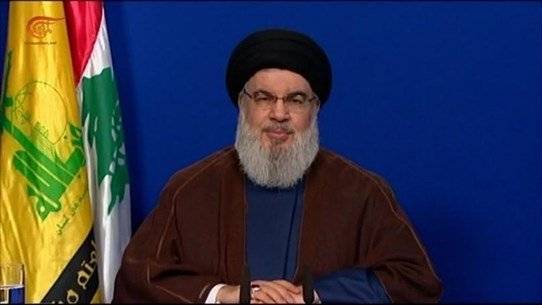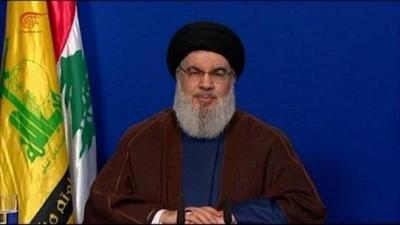Hezbollah is leading a mission to reconnect the severed relationship between the Syrian regime and Hamas, which has been completely cut off since the beginning of 2012. This shift comes as regional and international developments have necessitated a reorganization among Iran's allies, particularly its military branches in the region. This is especially crucial given the waning hopes for a nuclear agreement between the United States and western countries on one side, and Tehran on the other, alongside a resurgence of Israeli threats.
Hezbollah's Secretary-General Hassan Nasrallah is reportedly working to bridge the gap between Hamas leadership and the Syrian regime. Analysts point to a recent meeting between Nasrallah and Hamas leaders in Beirut, marking a reconciliation after a decade-long split. The relationship between Hamas and the Syrian regime deteriorated with the onset of the Syrian revolution in Spring 2011, and was completely severed in July 2012, following the Syrian intelligence services' raid on the home and office of Hamas' political bureau chief Khaled Meshaal in Damascus.
Political analyst Qassem Qusair, familiar with Hezbollah's climate, asserts that "communication between Hamas and Syrian officials through Hezbollah and Iran has been ongoing for years, aiming to review the past phase and open a new chapter." He noted, in a statement to Asharq Al-Awsat, that "Hamas has taken various positions in recent years to demonstrate its distinctiveness, along with internal elections in Hamas about a year ago that produced a new leadership willing to change. Additionally, a meeting between Hamas leadership and several scholars in Turkey helped pave the way for this decision," emphasizing that "Hezbollah played an important role in this, and regional and international changes contributed to opening a new chapter, expressed by a Hamas delegation's visit to Russia and the Turkish-Syrian dialogue."
Observers do not view the conflict between Hamas and the Syrian regime as a structural one. Public policy expert Ziad Al-Sayegh considers the existing disagreement between Hamas and the Syrian regime to be tactical rather than strategic. He stated, in a comment to Asharq Al-Awsat, that "Hamas seeks a role in the scene to rearrange its influence in coordination with Hezbollah, especially since the victory of the Hamas-aligned team in the Islamic group elections broadens its role." Al-Sayegh emphasized that "Hezbollah is leading the process of arranging relations between Hamas and the Assad regime under the umbrella of the Iranian-led resistance front, reflecting the conviction among this axis that it is in a dire retreat, facing the interests of the region's peoples, contrary to their historic choices, having led organized crime, from military operations killing the peoples to captagon trafficking."
In recent weeks, visits by Hamas leaders to Lebanon have taken place, notably meetings with Nasrallah, coinciding with the party's focused attacks on Arab countries, especially Gulf nations. Al-Sayegh points out that for Hamas, "the connection with Sunni decision-making capitals is less important than gaining ground in Iran's areas of influence, namely Lebanon, Syria, Palestine, Yemen, and parts of Iraq. Thus, the arrangement of the situation is merely an arrangement for gains and influence, an Iranian attempt to reinvigorate artificial, foreign arteries it has imposed on the peoples of the region after these arteries have begun to dry up. Consequently, this axis is in a state of anxiety and confusion, contrary to the propaganda proclaiming its dominance."
Nasrallah's positions do not fail to affirm the readiness of the resistance axis for war and its willingness to change the region's landscape in any potential confrontation with Israel and its allies. However, observers believe these slogans are merely media propaganda justifying the expansion of Iranian influence in the region. Al-Sayegh observes that "the peoples of the region desire social justice and harmony, as well as living under the rule of law and citizenship, which is lacking in countries under Iranian influence and its military branches. Therefore, what we are witnessing is only an approach to the symptomatic ills suffered by the Iranian axis, not the causes of the disease," pointing out that "the civilizational confrontation is now clear between the minority alliance fostered and fed by Iran, which drives the region towards fragmentation, and the citizenship alliance that seeks a state of social justice and constitutional and cultural national identity. This confrontation has begun to disturb and worry Iran and its branches, and in the end, Tehran will retreat. There’s no possibility of rearranging the resistance house; what I see is merely an arrangement of confusion and concern."




